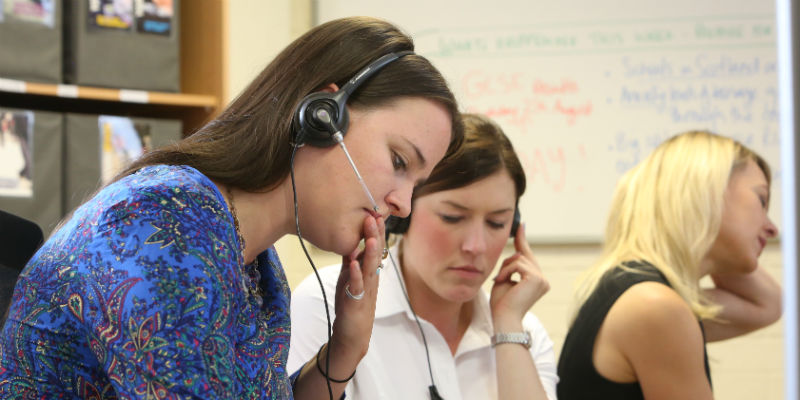
I am a mum to two girls, one of whom is restarting sixth form this coming September and her older sister who has been through A levels and two years of university. Both of my girls are clever, witty, and thoughtful individuals who could go on to achieve great things. They have also suffered from mental illness and so their journey has not been as straightforward as it may be for others.
I am also a pastoral tutor to sixth form students in a secondary school in Hertfordshire. In this role, I am always mindful of the fact that most students are aiming to attend university and the pressure is on right from the beginning to work hard and seek to attain top grades.
Having seen students and daughters through their sixth form years to results time, we have already been through a gamut of emotions and striven to make studying as smooth as possible.
It is crucial to support our children and maintain a sense of balance.
The student will most likely be feeling anxious about the results whether they be GCSE results required for a coveted place in the sixth form to study the A level subjects of their choice, or the A level results leading to taking up a longed-for place at university.
As parents and tutors, if we can keep calm ourselves, it helps our children. We naturally have expectations and hopes for our children, possibly ambitions too. But it is important to recognise that our children are afraid of letting us, and themselves down. It can seem as though everything they have worked for could fall through at any moment and that pressure can feel intense. So, results day dawns, and now what?
For some students, they may feel disappointment as their results are not what they hoped for and they will need to reconsider what they can do next. If we are calm and supportive, we can help them take a breath to consider fully their next steps. Students can re-sit their exams next year.
They can take some time out to volunteer, at home or abroad, or consider paid employment for a while, with experience which may be suited to their future course.
I would say ‘take the time to think about what you really want to do, recognise what you have achieved so far and then think about how to build on this to get to where you would like to be. You may need one year, possibly longer, to approach a university course slightly differently. You could return to your studies with a renewed sense of vigor and purpose, perhaps even consider a different path to gaining a degree, applying for an apprenticeship which leads to a degree qualification.’
At a time when pressure is intensified further with the idea of loans and student fees to be paid, it can be wise to take time and choose wisely, and think carefully which isn’t always possible during the sixth form years.
Don’t panic or despair, there is always another answer!



